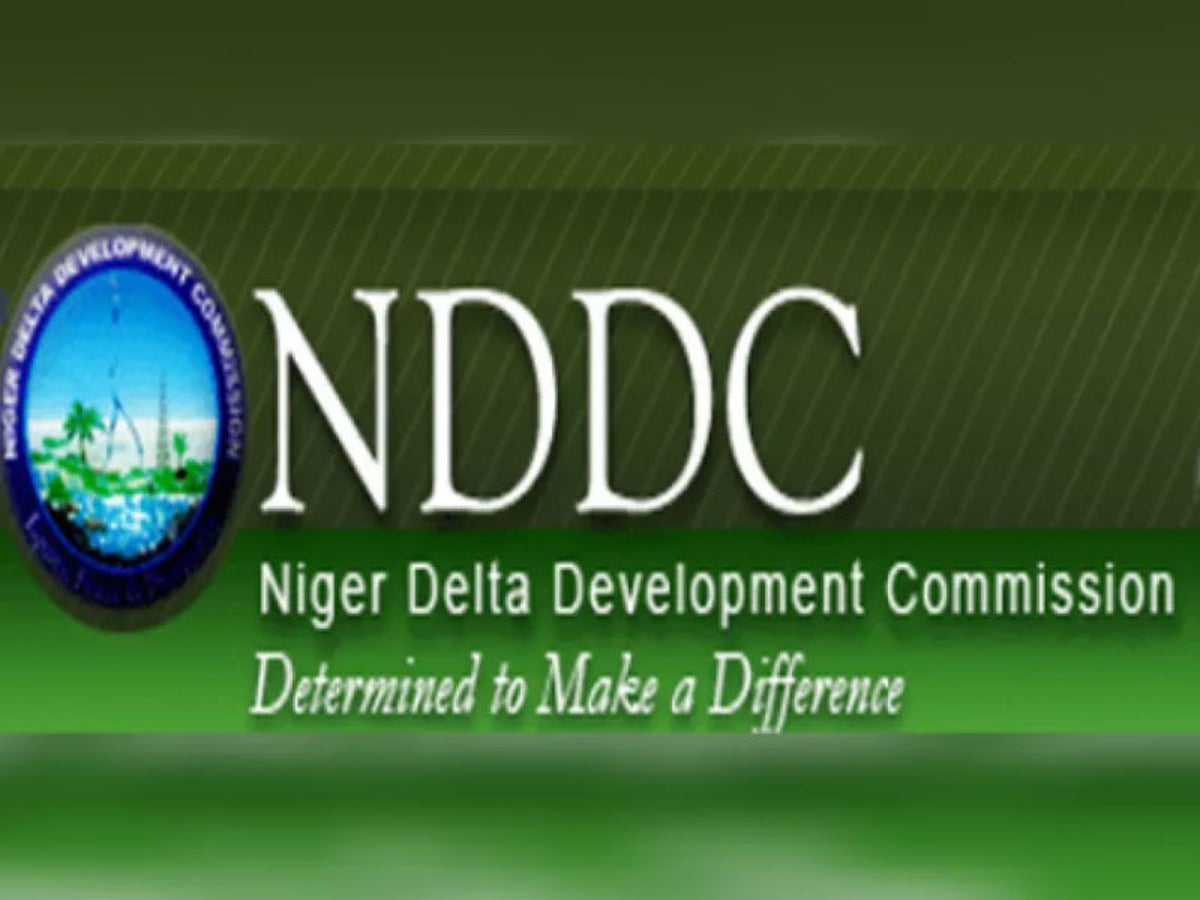
• Commission denies bribe-taking, group canvasses accountability
President Muhammadu Buhari has ordered the management of the Niger Delta Development Commission (NDDC) to offset fees and stipends of its foreign scholarship beneficiaries.
Hundreds of Nigerian students studying abroad on the scheme have reportedly been suffering owing to abandonment.NDDC’s Director of Corporate Affairs, Charles Odili, said the students, who recently staged a protest at the Nigerian High Commission in London, would receive their money this week. He explained that the delay in payment followed the sudden death of the then Acting Executive Director, Finance and Administration, Ibanga Etang, in May.
Besides, he cleared the Prof Kemebradikumo Pondei-led interim management committee of the allegation of demanding between 20 and 30 per cent kickbacks from contractors.
The spokesman stated that there was no fraud at the commission.“We suspect that after the scheming of the past four weeks failed to achieve the purpose of sacking the management and scuttling work on the forensic audit exercise, the schemers are out again to heat up the polity. The point they miss is that the forensic audit exercise is a project of Mr. President. Hounding and haunting an innocent academic who is merely on a national assignment will not scuttle the audit.
“We appeal to those who are putting their personal interests over and above that of the people of the Niger Delta to have a rethink, pull back and allow the commission the space to serve the people of the region,” he added.
Meanwhile, the Federal Government has been urged to institute mechanisms that prioritise the genuine developmental inputs of beneficiary communities and an ombudsman system to monitor their execution as part of measures to enthrone accountability and transparency in the interventionist agency.
President of South-South Study Group (3SG), Otoks Dan-Princewill, who made the appeal in Port Harcourt, noted that if the geo-political had jurisdiction over its resources as agreed and practised after the Lancaster Agreement prior to the imposition of a “distorted federalism on Nigeria by military adventurists”, a Joint Commission anchored on a Regional Sovereign Wealth Fund run by appointed managers to periodically spotlight strategic projects would have better served the developmental needs of the area in line with best global governance standards and practices.
He claimed that the failure by government to put in place “control mechanisms to ensure accountability and transparency in the Niger Delta Development Commission” has been responsible for the rot in the organisation.
Dan-Princewill argued that since the Federal Government appoints all the key actors heading and managing the commission without “recourse to the people of the region, and without transparency whatsoever, the failure of the NDDC rests solely on its shoulders, for which it must singlehandedly take responsibility.”
He said while the “NDDC has failed to significantly impact the region with development from the resources already provided it, the Federal Government has also failed to provide the enabling environment to make such development possible by failing to provide adequate security, stable and regular power supply, functional ports and connect rail lines and remit statutory funds due to the commission.”
